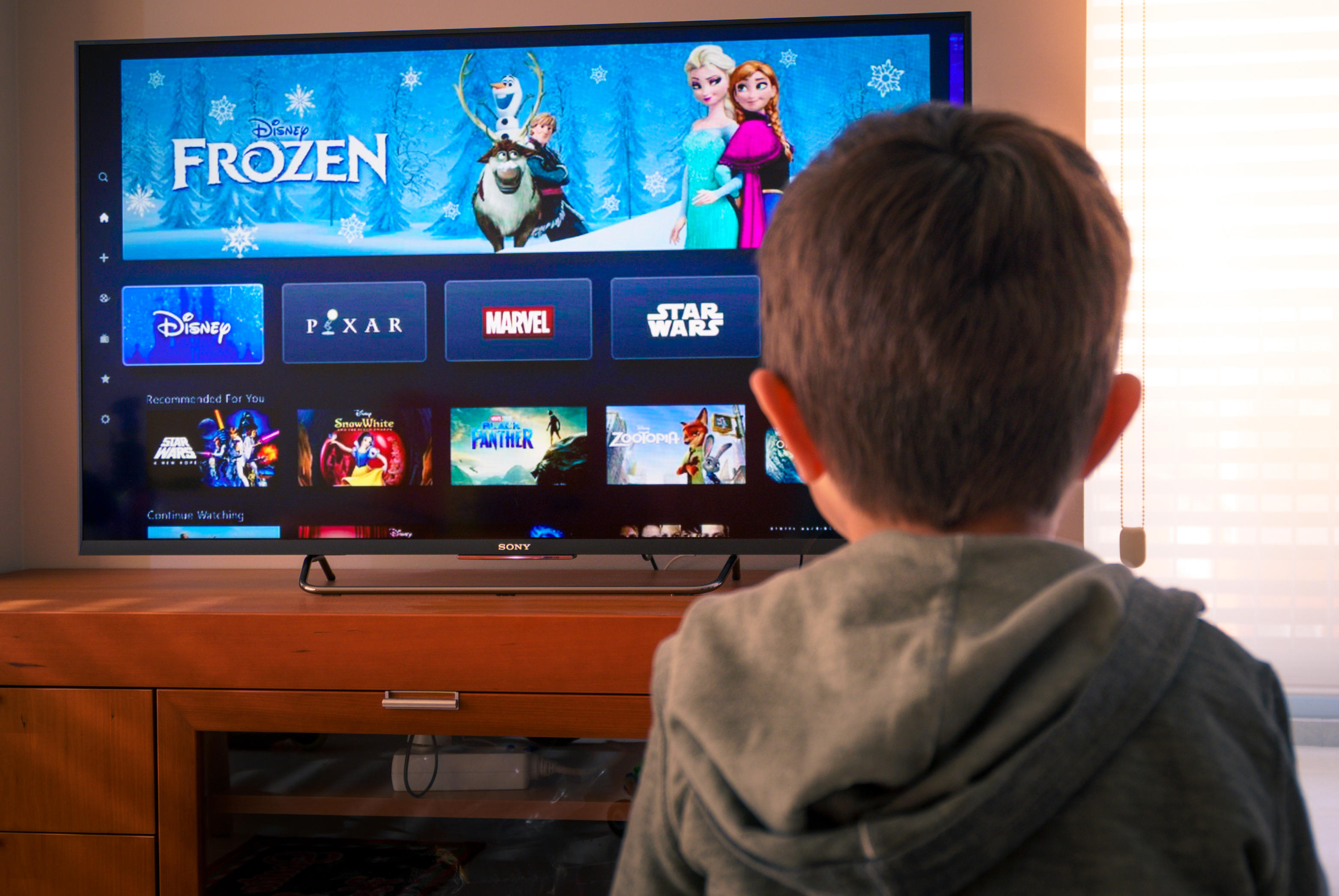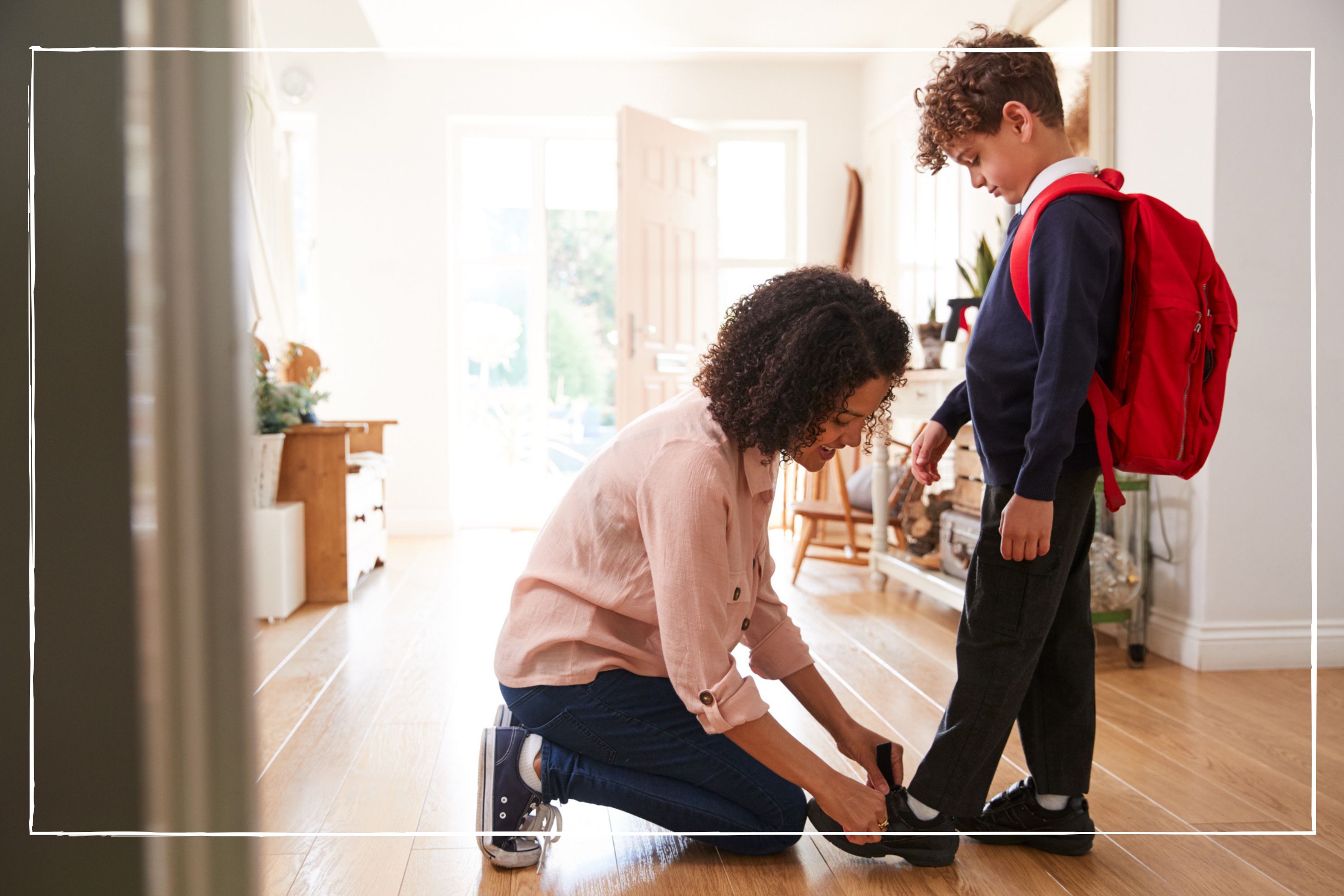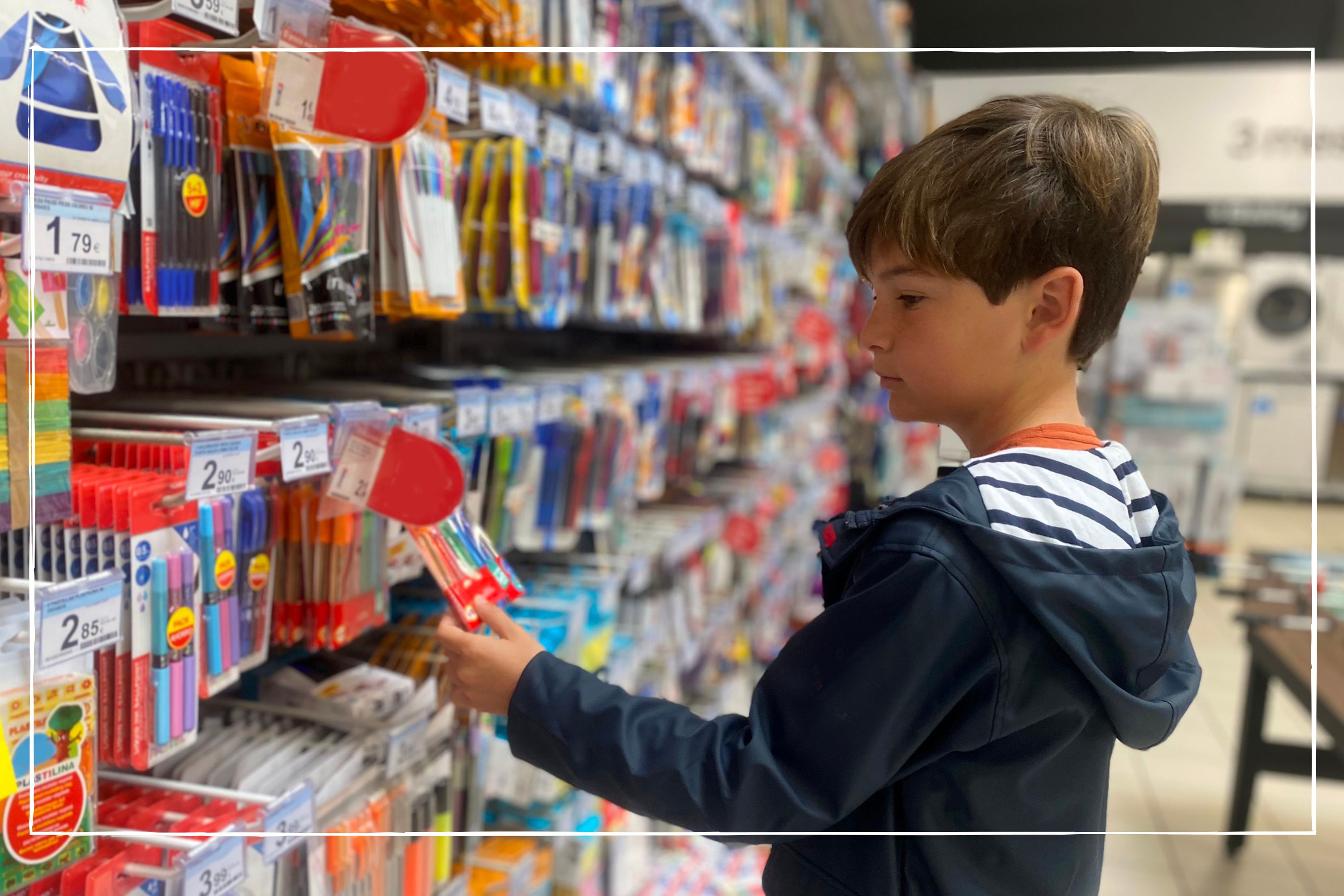What is budgeting and why is it important? 7 expert tips to get started
With pressure on household finances, we explore why budgeting is so important - and how to get started

Amid the cost of living crisis, you may be wondering what is budgeting and why is it so important.
The cost of everything is high at the moment. Budgeting can help you to keep your finances healthy by ensuring you are on top of exactly what you are spending your money on. There are even budgeting apps you can use to help get started.
Laura Suter, head of personal finance at investment firm AJ Bell, says: “Budgeting is a great way for many people to reset their finances and spending patterns and to really assess where their money is going. There’s never a bad time to get started, but at the moment with extra pressures on household budgets with the rising cost of living, it’s a good idea for everyone, no matter what level of income they have.”
What is budgeting and why is it important?
Put simply, budgeting is a way of taking control of your money. You know what’s coming in, what’s going out, and have a plan in place to ensure you are living within your means. Some people like to budget weekly, others prefer monthly; it’s all down to what works for you. Budgeting is important because, without it, you could spend more than you earn and get into debt.
Having a budget plan in place improves your chances of staying on top of rising bills so that you keep your spending under control. A budget can also be a real help in achieving specific financial goals you might have too. This could be saving for a deposit for a house, a wedding, or simply paying off debts. It can be difficult to resist the temptation to spend money on treats, but it is much easier if you have something tangible that you’re saving towards.
What’s more, having a money plan in place can help you prepare for unexpected costs. These could be needing a new boiler or urgent repairs to your car. “Even if you don’t have anything special to save for, budgeting is still beneficial to give you a firmer grip on your money,” says Annabelle Williams from investment firm Nutmeg. “This will help with your financial well-being which will be a welcome benefit for most. Money can be a huge cause of stress, so getting on top of everything could help enormously.”
How can I save money by budgeting?
Budgeting can be extremely effective if you’re looking to save money. Keeping on top of not only how much you are spending, but where that money is going, can help you spot areas where savings can be made. By simply being aware of every item that goes out each month, you will naturally become more conscious of spending on things you don’t need, or bills where you might be paying too much. For example, budgeting might help you recognise that you’re spending a lot on your broadband, and push you to shop around for a new package.
GoodtoKnow Newsletter
Parenting advice, hot topics, best buys and family finance tips delivered straight to your inbox.
How can I get started budgeting?
Your first port of call is to find out where your money is going each month. Personal finance expert Laura Suter told us: “It’s pointless setting a budget if it bears no resemblance to what you’re spending currently or if you’ve forgotten to account for entire areas of spending.”
Once you’re clear about how you are spending money, you can look to make cuts on unnecessary outgoings. It’s not uncommon to find you’ve signed up to a free trial or subscription that is no longer used. Or maybe you have failed to notice that the cost of something has crept up and it no longer offers good value.
When it comes to setting a budget, make sure you account for things such as birthday presents for loved ones, or any holidays you take each year, as well as regular outgoings. If you forget to account for these you could end up feeling bad – and stretched - when you have to fork out the extra money in one month. If you want to go a step further you could save monthly for the bigger annual expenses, such as Christmas or a holiday to spread the cost.
Setting limits on spending is a fine balancing act, however. By going too far, you’ll likely fail to hit your targets which can be dispiriting. However, setting it too high means you could end up spending more than you need.
Laura adds: “An important step in this process is telling people that you’re trying to budget and that you want to save money. You’ll feel more accountable if you tell people your plans, that will help you stay on track. But it also means that it will be easier to explain why you can’t afford a big night out or a spendy weekend away if your friends are already aware you’re trying to save cash.”
Top tips for budgeting
- Set aside enough time to go through all your outgoings so you know exactly what you’re spending.
- Set realistic budgets. There’s no point in leaving yourself so short that you bust the budget in the first week.
- Take into account big-spending - such as birthdays, holidays - and spread the costs if you can
- Keep receipts all in one pile for the week. If you use your smartphone, check the list of items paid for.
- Consider using cash if you think it will stop you overspending. After all, tapping your card to pay is all too easy.
- Use a budgeting app that will allow you to check your spending on the go. We recommend Plum, as highlighted below.
- Tell friends and family you’re on a strict money diet so they can support you.

How much time does budgeting take?
There’s no sugar-coating it - setting yourself and sticking to a budget isn’t a five-minute job. You’ll need to set aside some time to gather everything you need from your statements and bills. Then you’ll need to go through everything to see where savings can be made. Only then can you come up with your spending plan. You may not finish everything in one sitting, but a few hours spent fine-tuning your finances is well worth your time.
Budgeting isn’t a one-off either. You’ll need to then devote some time to tracking your spending and dealing with any changes. For example, your broadband deal might be coming to an end, meaning that your bill is about to rise. Putting aside time to find a better package can keep your finances on track.
Video of the Week
-
 How to save money: 28 family-friendly money-saving tips for mums and dads
How to save money: 28 family-friendly money-saving tips for mums and dadsUnderstanding how to save money is key to limiting the impact of rising costs as much as possible
By Sarah Handley Published
-
 14 hidden benefits of your Amazon Prime membership
14 hidden benefits of your Amazon Prime membershipWe reveal the less-obvious perks of a Prime membership that will help you get the most value out of your subscription fee
By Rachel Wait Published
-
 14 surprising ways to spend your Tesco Clubcard vouchers - from restaurants and cinema passes to mini breaks and Disney+
14 surprising ways to spend your Tesco Clubcard vouchers - from restaurants and cinema passes to mini breaks and Disney+Tesco Clubcard vouchers can help you cut the cost of everything from groceries and travel to days out and cinema tickets
By Heidi Scrimgeour Published
-
 How to get Disney+ for free and save up to £79.90 a year
How to get Disney+ for free and save up to £79.90 a yearEven though the streaming giant ended its free trial offering, there are still multiple ways you can get Disney+ for free for up to 12 months
By Sarah Handley Published
-
 Parents of teens who have just taken their GCSEs urged to check child benefit status ahead of August deadline
Parents of teens who have just taken their GCSEs urged to check child benefit status ahead of August deadlineWith a child benefit deadline looming, some parents could see their payments reduced or stopped altogether - here's why
By Sarah Handley Published
-
 Parents should hold off buying this back to school staple 'as close to their first day as possible', says retailer
Parents should hold off buying this back to school staple 'as close to their first day as possible', says retailerWith parents turning their attention to kitting their kids out for the new school year, research suggestions which items should be left until the last minute
By Sarah Handley Published
-
 7 ways to save on back to school essentials, as its revealed parents will spend £2.3 billion in 2024
7 ways to save on back to school essentials, as its revealed parents will spend £2.3 billion in 2024We share ways you can get your child all the bits and bobs they need for the new school year, without breaking the bank
By Sarah Handley Published
-
 What day is child benefit paid around the bank holiday? Everything parents need to know
What day is child benefit paid around the bank holiday? Everything parents need to knowKnowing which day child benefit is paid when it comes to the bank holiday can help families plan their budgets accordingly
By Sarah Handley Published